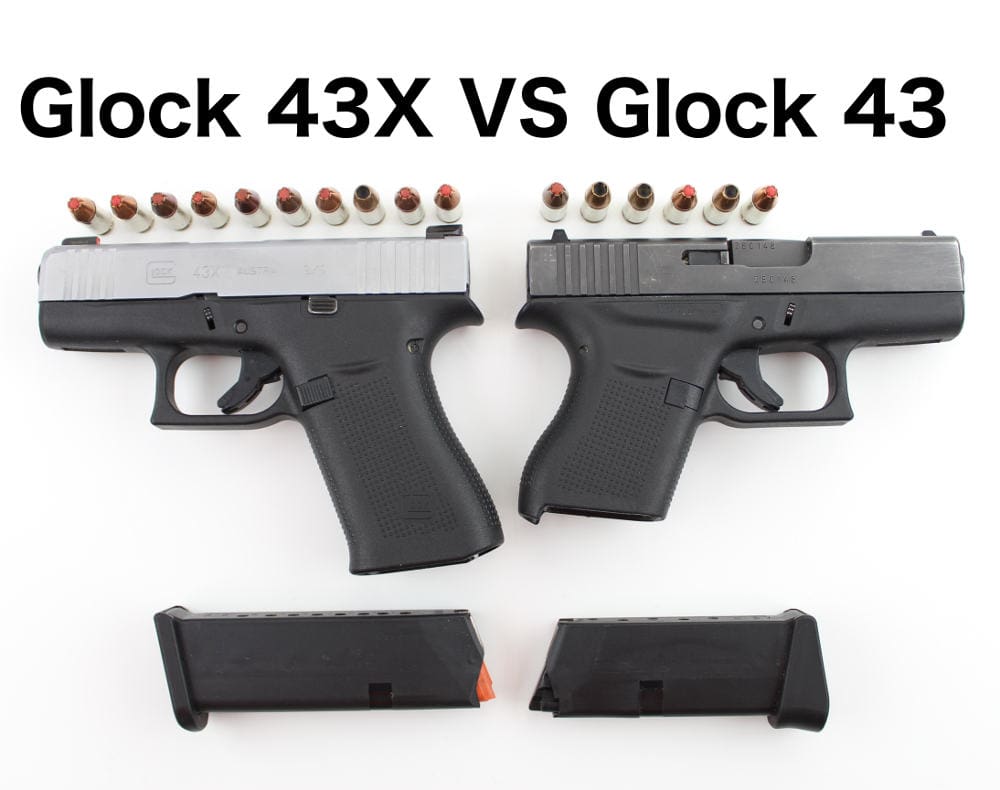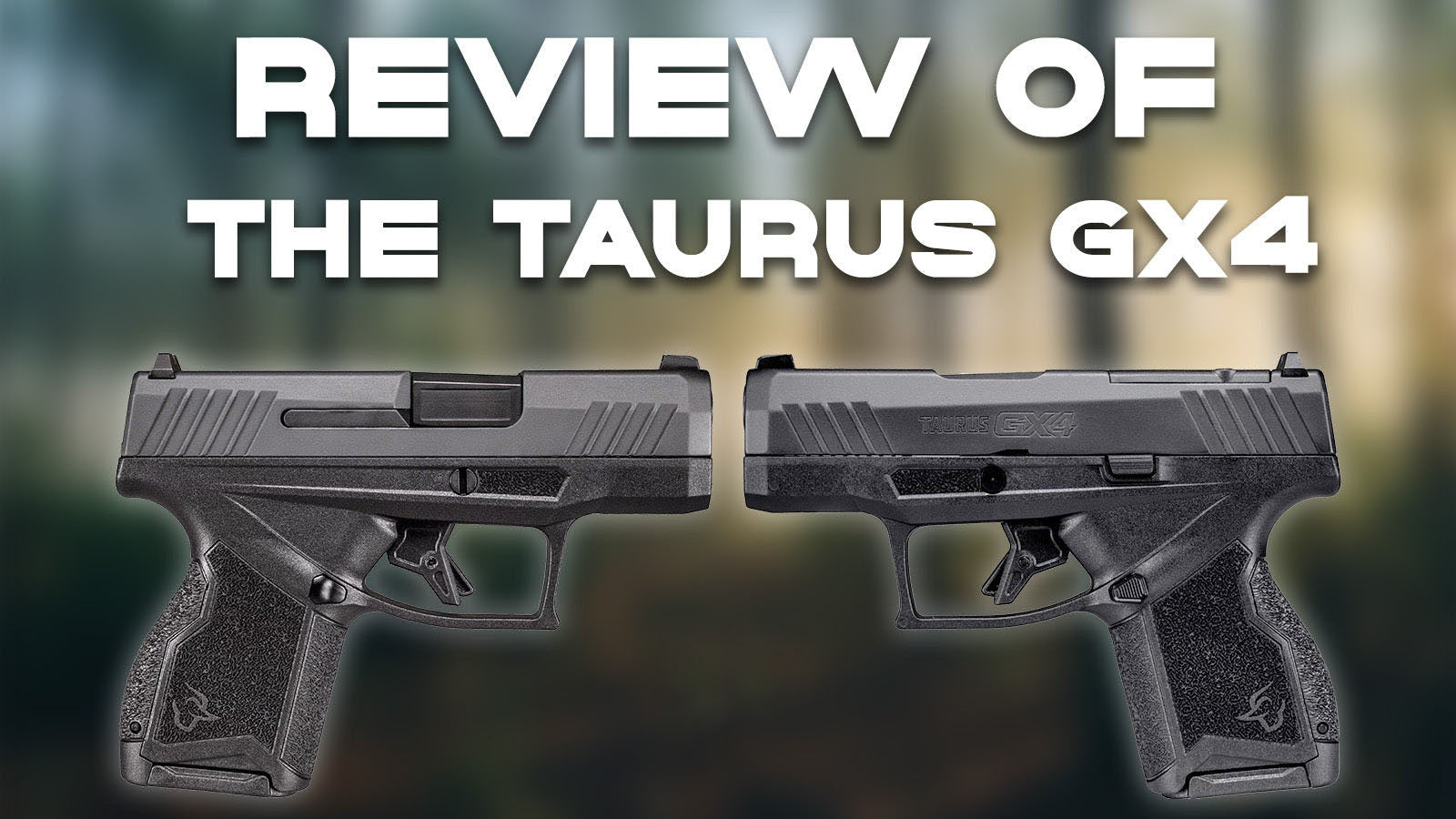1. Concealment: Keeping It Low-Profile
A good holster should help you carry your firearm without drawing attention. Here’s what to look for:
- Slim Profile: Avoid bulky designs that make your firearm print through clothing.
- Clothing Compatibility: Choose a holster that fits your preferred wardrobe, whether that’s casual wear, business attire, or activewear.
-
Color Options: Neutral colors like black, tan, or gray help the holster blend seamlessly with your attire.
![["B08S79HG9D"]](https://cdn.shopify.com/s/files/1/0652/2149/2994/files/81JEIAevWuL._AC_SL1500_480x480.jpg?v=1730877238)
2. Comfort: All-Day Wearability
Discomfort is one of the most common reasons people stop carrying. Prioritize holsters designed for extended use:
- Material: Opt for soft leather, hybrid designs, or smooth Kydex to minimize irritation.
- Padding: Holsters with built-in padding or flexible backings can enhance comfort during prolonged wear.
- Adjustable Features: Look for holsters with customizable ride height, cant, and retention for a tailored fit.
3. Retention: Safety Above All
Retention ensures your firearm stays secure until you need it.
- Active Retention: Includes features like thumb breaks or locking mechanisms for added security.
- Passive Retention: Relies on a snug fit to keep the firearm in place while allowing for a smooth draw.
- Test It Out: Practice drawing and holstering your firearm to ensure the holster provides the right balance of security and accessibility.
4. Accessibility: Quick and Efficient Draw
In a self-defense situation, every second counts.
- Placement: Inside-the-waistband (IWB), appendix carry (AIWB), or outside-the-waistband (OWB) – choose a position that feels natural and allows for a fast draw.
- Design: Look for holsters with flared openings or reinforced edges to make reholstering easier.
5. Durability: Built to Last
Invest in a holster that can withstand daily wear and tear:
- Material Quality: Kydex offers excellent durability, while leather develops a unique patina over time.
- Weather Resistance: Ensure your holster can handle sweat, rain, and varying temperatures without losing shape.
- Warranty: A lifetime warranty is often a sign of a high-quality holster.
6. Style: A Personal Touch
A holster doesn’t have to sacrifice style for function. Many holsters now combine sleek designs with practical features:
- Custom Designs: Opt for holsters with patterns, embossing, or color accents.
- Minimalist Aesthetic: For a discreet look, slim and clean designs work best.
- Matching Accessories: Pair your holster with matching magazine carriers or belts for a cohesive appearance.
7. Compatibility: Finding the Right Fit
Not all holsters fit every firearm, so check for:
- Model-Specific Fit: Choose holsters designed for your specific make and model.
- Ambidextrous Options: If you’re left-handed, ensure the holster is compatible with your carry preference.
- Light or Laser Attachments: If your firearm has attachments, look for holsters that accommodate them.
8. Testing and Training
Once you’ve chosen a holster, it’s essential to test it thoroughly:
- Practice Draws: Familiarize yourself with your holster to ensure a smooth and reliable draw.
- Comfort Test: Wear the holster throughout the day to check for any discomfort or shifting.
- Scenario Training: Practice drawing in realistic scenarios to build confidence.
Final Thoughts
The perfect holster combines functionality, comfort, and style, allowing you to carry discreetly and confidently. By considering these factors, you can find a holster that meets your needs and complements your lifestyle. Remember, concealed carrying is a responsibility—choose a holster that prioritizes safety and ensures you’re always prepared.
Ready to upgrade your concealed carry gear? Explore our collection of high-quality holsters and find the perfect match for your firearm.



